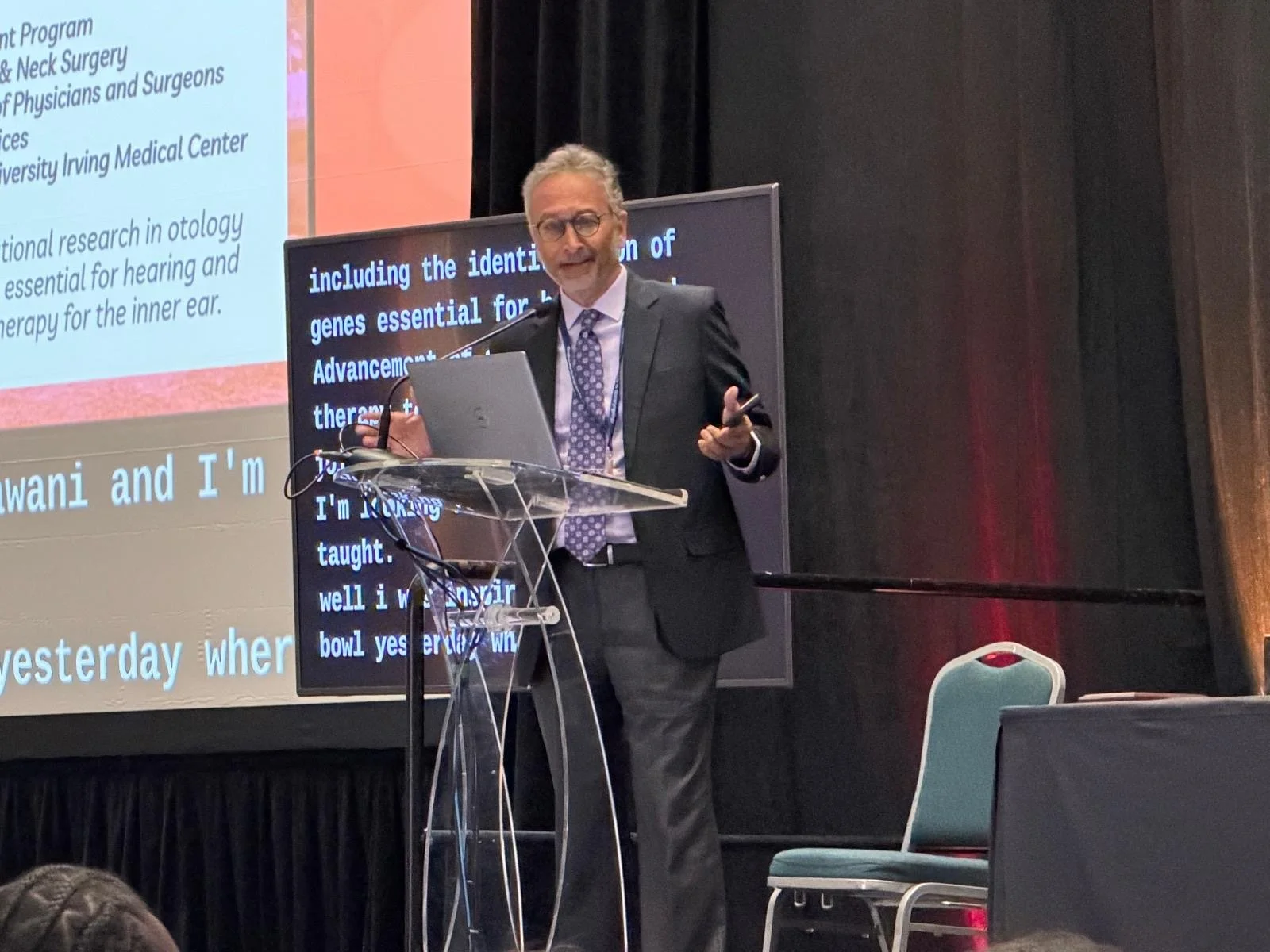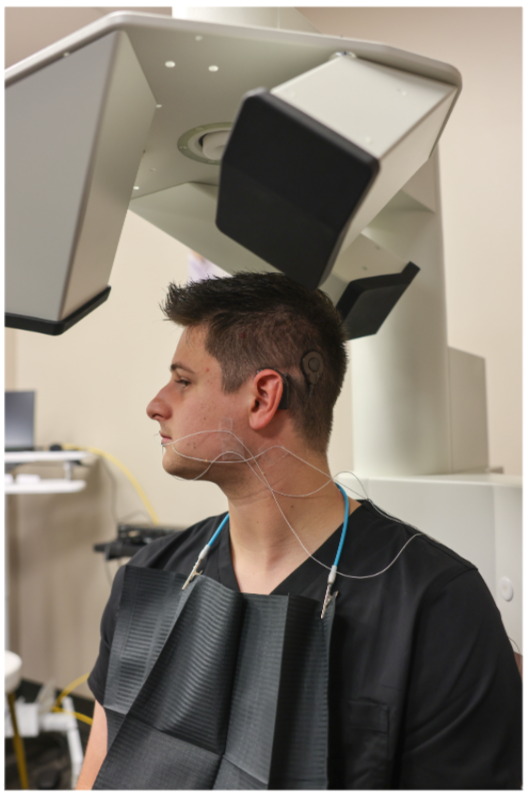Dementia. We keep seeing this covered in the mainstream news, reporting on what feels like constant research on the topic.
There’s a reason it makes headlines. Dementia is described as “the most feared health condition” according to a poll conducted by the Alzheimer’s Society in the U.K. There is no cure, notwithstanding the second Alzheimer’s disease drug to be released in the past year, with just-announced positive clinical trial results.
So what are the risk factors for dementia? The 2017 Lancet Commission on Dementia Prevention, Intervention, and Care report blew open the topic, detailing risks and categorizing them by those that you can change and those you cannot (using a striking infographic). Hearing loss came out on top as the most modifiable risk factor, accounting for 8 percent of estimated risk. They have continued to investigate risk factors, with a follow-up study in July 2020 and now a May 2023 report that found treating hearing loss with hearing aids can lower the dementia risk to be about the same as those with typical hearing.
Just this week the U.S. surgeon general declared loneliness to be an epidemic as dangerous to health as smoking 15 cigarettes a day. Previous research has shown a greater dementia risk tied to being socially isolated, according to Johns Hopkins Medicine research.
Correlation, Not Causation
But, about that link between dementia and hearing loss: It’s correlation, not causation. Some manufacturers of hearing devices are leaning into “cause,” misleadingly.
Yet we don’t yet know the exact mechanisms for the association, although there are many theories, detailed in this 2020 Neuron report. We know that when you can’t hear fully, it’s harder to participate in social situations, and we know that hearing isn’t just about the ears, it’s about the brain processing the sounds our ears hear. Because the association is correlation, not causation, a comment published in the April 2023 Journal of the American Geriatrics Society warns of assigning yet more stigma to those living with hearing loss, treated or not.
Finally, another study released this week says the better question may be: Do hearing aids reduce dementia, or does dementia reduce hearing aid use? This is the title of a May 2023 Hearing Journal paper.
That report concludes, “The takeaways then are that lack of hearing aid use (i.e., untreated hearing problems) can increase the risk of dementia, but also that cognitive impairment can be a factor in the discontinuation of hearing aid use. This raises the possibility of a vicious circle between untreated hearing loss and cognitive decline.
“Future research investigating relationships—between hearing loss, hearing aid use, and cognitive decline—must account for the effects of cognitive decline itself on continued hearing aid use. Clinically, any potential protective effect of hearing aid use against dementia will be fully achieved only if devices and care processes are usable by and accessible to the target population. To encourage and promote persistent hearing aid use, more dementia-friendly devices and care processes are needed.”
More Brain-Positive Studies
An April 2023 Neurobiology of Aging study provides additional evidence that being bilingual may stave off dementia—this also got attention in the mainstream press like The New York Times.
The New York Times reported on a link between highly processed foods and cognitive decline. Among the research cited is a 2020 JAMA Neurology paper that says limiting consumption of ultraprocessed food could be associated with reduced cognitive decline in middle-aged and older adults.
And CNN reported that another study in the Journal of the American Geriatrics Society published this week suggested that “regular internet usage” was associated with a lower risk of dementia.
All of this continues to be head-exploding! I mean, food for thought—which is good for the brain. —Yishane Lee








Our new public service announcement “Let’s Listen Smart” recognizes that life is loud—and it’s also fun. And the last thing we want to do is stop having fun! We just need to listen responsibly.